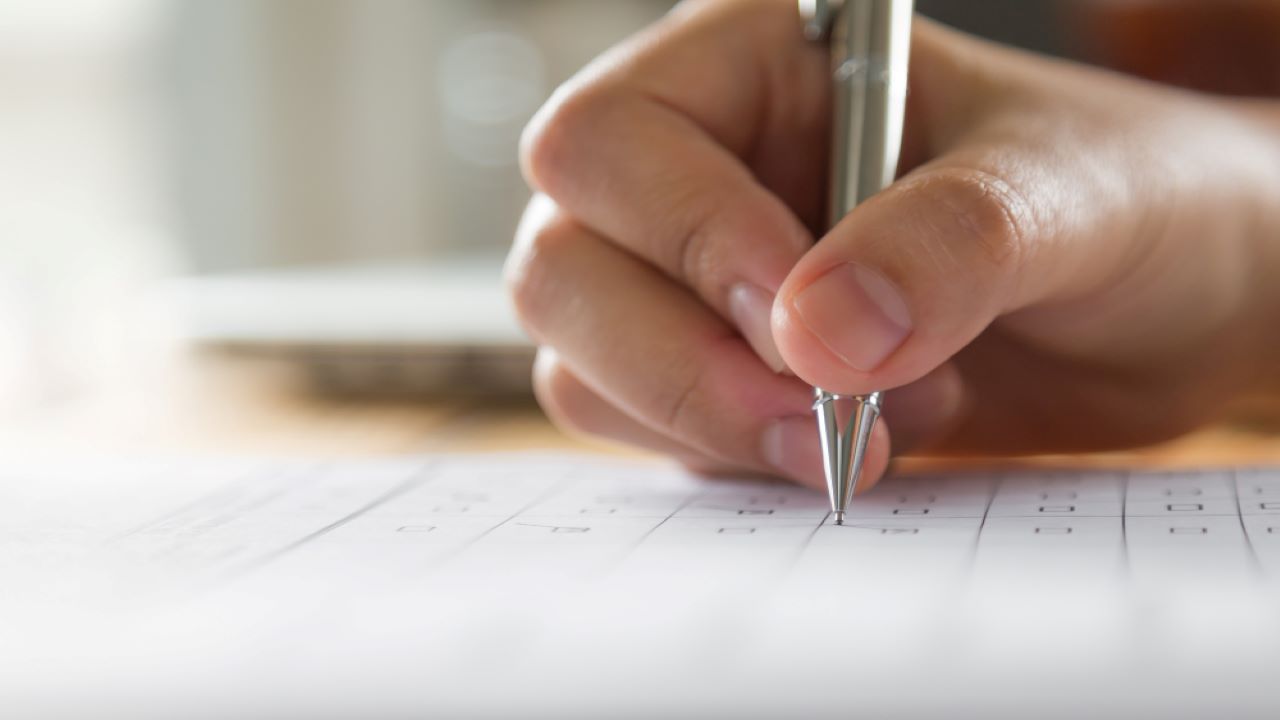RPSC RAS Preparation Tips for those who want to take the RPSC RAS exam. The RAS exam is one of the hardest tests that RPSC gives. Candidates must have a plan for studying that lets them cover the most material in the least amount of time.
How to Study for the RPSC RAS Preliminary Test?
The 200 questions on the RPSC RAS preliminary exam are from General Science and General Knowledge. The best way for candidates to prepare is to follow the tips below.
For the GK preparation, you can visit the GK exams website for all types of Rajasthan GK in Hindi and English. You can prepare here GK Question Answers for free.
Learn as much as you can about what’s going on in the world right now. Make notes and try to connect them to the static GK to understand it better. Read newspapers and magazines to find out what’s going on in Rajasthan and India.
Current Affairs are a very important part of the RAS prelims exam. Every day, read The Hindu and make notes.
Have a plan for each subject that falls under General Studies. We’ve told you how to handle each of the other points in the rest of the list.
For History, make sure to separate it into different sections: World History, Medieval History, Ancient History, and Modern History of India. Use NCERTs to study for these parts. Take Art and Culture on their own.
Atlas and NCERTs can be used to learn about geography. Study India and Rajasthan’s geography separately.
Indian Polity by Laxmikant is a good book to read about polity.
For economics, you should study the NCERT books and pay close attention to the budgets that the Indian Central government and the Rajasthan State government put out. You can also level up by doing Economic Survey.
For Logical Reasoning, you should try to take as many practice tests as you can.
The best way to get ready for the RPSC RAS
Here are some tips on how to plan and study better for the RPSC test. The strategy must be followed exactly, or the candidates won’t get the best results.
1. The power of last year’s paper
It is important to look at RPSC questions from previous years to find out what kinds of questions are often asked on exams. Instead of studying for the RPSC exam subject by subject, this is the best way to get ready (which is generally practiced in the graduate examination). We have also given you the RPSC RAS papers from the year before.
2. Go with the flow.
It is important to look at the detailed RPSC RAS exam pattern for all three parts of the test. It is important to know the pattern, such as how many questions are on each paper, how they are scored, how long they take, what kind of paper they are, etc. It helps the person plan and gets ready better.
Also Read: Reasons Why GK Mock Tests and GK Quizzes are Important For Competitive Exam
3. Macro and micro timetables
This means that you should never make a strict schedule that forces you to cover many subtopics in a certain number of minutes. Be flexible, but work toward your goals. Make a study plan that will allow you to go over the material twice or three times.
4. Practice Mock Test
This is the most important part of the process of getting ready. Giving mocks doesn’t just test your current knowledge; it also helps you figure out where you’re going wrong. If you can, try to take sectional tests every day. Don’t just keep going over the syllabus. Try to look at RPSC RAS practice tests and figure out where you need to improve.
5. Time management
Make it a habit to read, study, and memorize the theory, but don’t forget to keep it in your long-term memory as well. Remember that the RPSC RAS exam is a year-long cycle, and sometimes candidates need to remember and explain what they’ve learned after a year. So plan things the right way.
6. Make it a habit to write notes
Keeping notes and going over them when you’re studying helps you study better. Self-made notes are so helpful that they make it easy to study again. It also helps you remember and remember better, and it gives you an edge on tests.
7. Revision:
Once a candidate has finished 60–70% of the RPSC RAS exam syllabus, they should choose simulated test series, which means taking full-length tests. So, to get better at understanding and practicing, try the mock exams in situations that are like real exams. Don’t forget that reviewing is the key to doing well.
